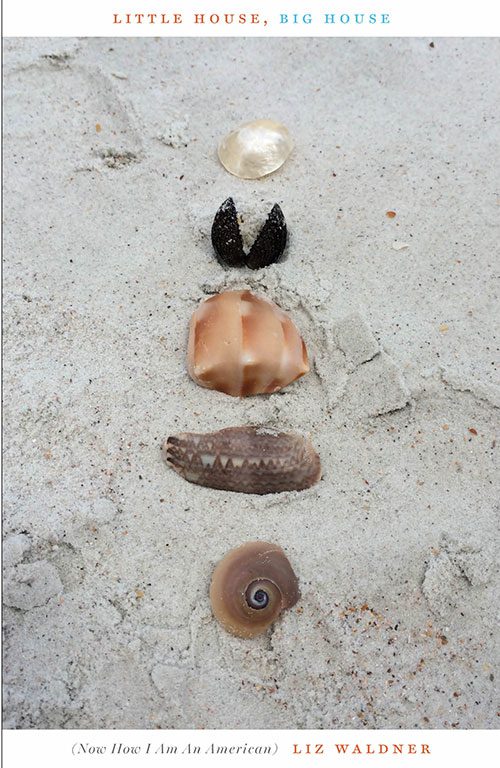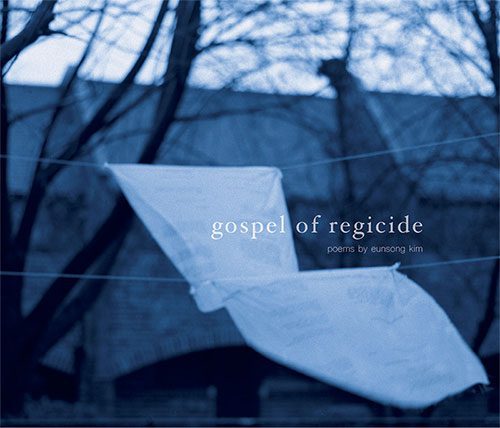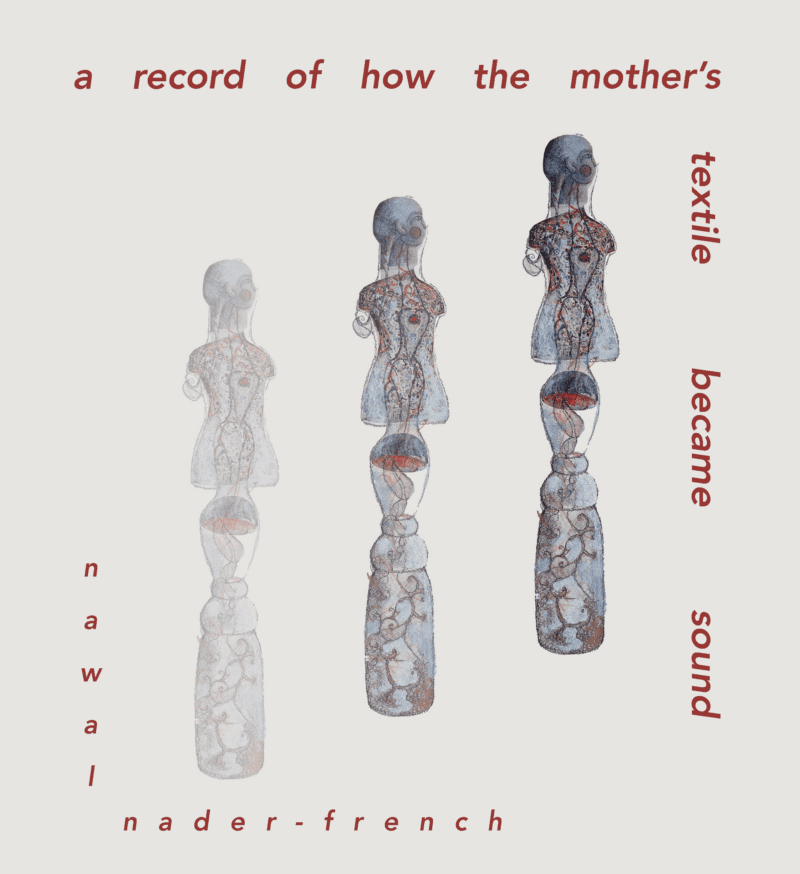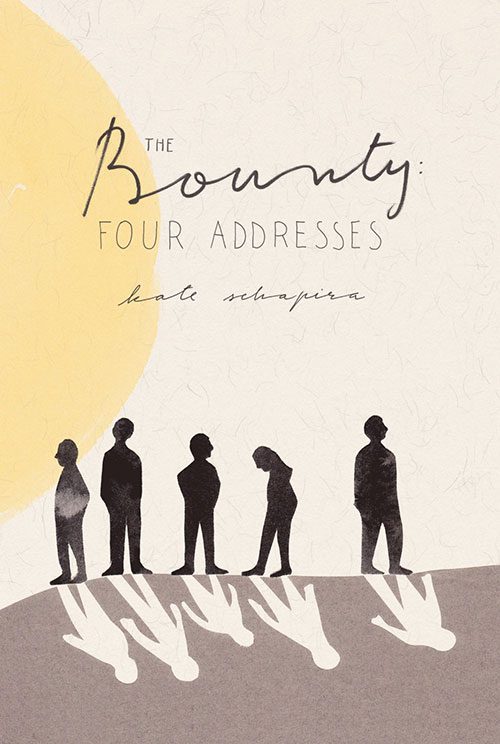Little House, Big House
by Liz Waldner
$15.00

Blurbs
Read Liz Waldner’s poetry and witness a multiplicity of transformations: time becomes compressed and finessed, words reveal and defy their definitions, and prose passes the baton to lineation and back. In “The Wants” Waldner states, “Sometimes / of course you know / this is one it seems / impossible to get to the next moment.” Little House, Big House hooks interior sentiments then catapults them into the universe, gripping our hearts along the way. This collection is simultaneously subtle and unsubtle, and astonishingly brave.
Mary Biddinger
Little House, Big House inhabits uprooting in the most unexpected ways. Waldner herself is the errant site of diaspora: “I have my diagnosis. I begin to colonize the not.” The ways home is and was and isn’t, the ways home and heart coincide, are rent apart, become unrentable. “Service economy” meets gated paradise; is denied, then recreates paradise—out of “the not:” what is discarded, unwanted. The poems move at cellular and visceral levels of language, the teeming roots of words, memory, immediacy: “to leave a scar on skin it hits. A Welt”. Wound as world as word. This is not theoretical, nor treatise. It is fierce, bewildered, enraged, engaged, funny as hell, aching. It is brilliant and sad and alive in the risk of unmapped places. Let’s meet there.
Meredith Stricker
Wild and serious, so direct she can be awkward, so elegant she can sweep me off my figurative feet, Waldner’s wiry poems can make her sound like a visitor from another world inside our own, a world whose inhabitants have read everything, have felt as we have felt only more so, and then came here looking for home, “repository of pleasure and passion/ Made up out of time place and words.” Compare her to Dickinson, Berryman, Bernadette Mayer, or just conclude that she’s incomparable as she wields the language of medieval scholars or the language of kids: In Iowa, in New England, on Vancouver Island, even in childhood (“the time I led my fellow Brownies into the wrong car in the parking lot”) she’s a lodestar, an art-punk key to every mystery, a heartbreaker, a tearjerker, an escape artist, someone to emulate. Read her and discover yourself.
Stephen Burt
Here travelogue divides into dirge, into etymology of pop icononography, then multiplies into an other America, one against (the pre-packaged) and for a construction of stories lying ahead of a self, made in an unknown home “where I grew to be me.” About Waldner’s earlier volume Etym(bi)ology, the late great Leslie Scalapino writes that the subject is made “incandescent by placing it simultaneously beside its erasure.” In Little House, Big House, erasure (and re-creation) of persona is itself the subject. Expansive, homeless, riddled with illness and extreme sport health: this is the big American expanse we and Waldner live within, inside of ourselves and out.
Rachel Levitsky



